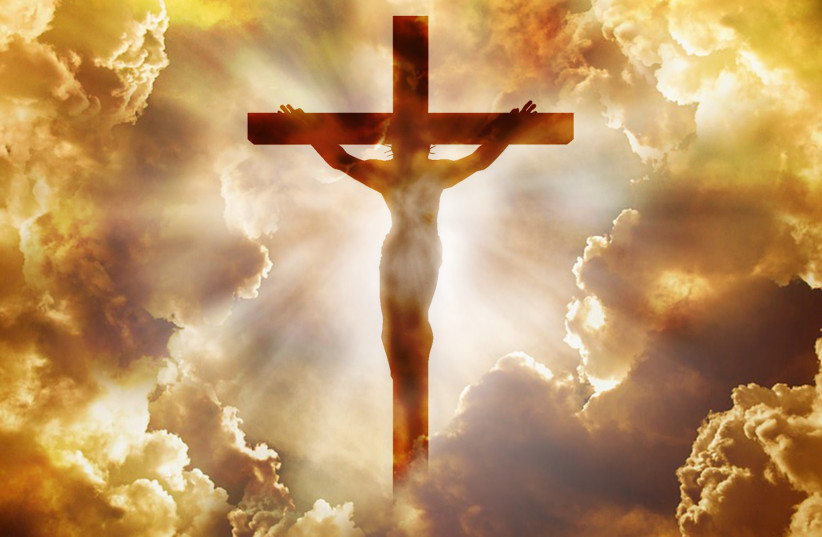Four in 10 US adults believe that humanity is currently living in "the end times," with the coronavirus pandemic and other catastrophes and anxieties causing many to ascribe a religious meaning to it all, according to a new Pew Research Center survey.
The study focused mostly on Christians in the US, with there being a very clear divide as almost half (47%) believe that the end times are here.
The end times are described in the pages of Christian religious texts. Eschatology, as it is also known, tends to be seen in Christianity as encompassing a wide range of events. These include what is mentioned in the Bible as well as in extra-biblical opinions and views.
However, there are generally a few key features that are universally agreed upon: The Second Coming of Jesus Christ, the Rapture and the Last Judgement.
There is debate, however, between whether the end times begin and Jesus Christ returns during a low point for humanity as global crises mount (premillennialism) or at a high point when the world is improved (postmillennialism).

Overall, premillennialism is far more common in the US than postmillennialism, though a larger portion of Americans tend to not be sure about the circumstances that would lead to Jesus returning.
Are we living in the end times? Christians divided
Certain demographics within the US Christian community tended to believe humanity is currently experiencing the end times more than others, the Pew survey showed.
Specifically, historically Evangelical (63%) and Black Protestant (76%) Christians tended to think they were lviing in the end times.
By contrast, most Catholics (70%) and mainstream Protestants (65%) think that this is not, in fact, the end of the world as we know it.
Put on a broader Catholic versus Protestant scale, more Protestants than Catholics think that we are all living in the end times (55% compared to 27%).
Overall, Black Americans (68%) were also far more likely to believe they were living in the end times, and these views were also more common among people living in the US South (48%) compared to the Midwest (37%), West (31%) and Northeast (34%).
Views of living amid the biblical end times were also stronger among Republicans and Republican-leaning independents, as well as those without college degrees.
But what about Jesus? Do Americans think the Christian Messiah will return to Earth in their lifetime?
Over half (55%) of all US adults think that Jesus will return to the Earth at some point. Additionally, Evangelical (92%) and Black Protestants (86%) were both more likely to think this.
But more relevant to the end times is the question of whether Jesus will return in their lifetime.
Here, only one in 10 Americans think the Second Coming of Christ will happen in their lifetime.
Though these numbers are low across the board, the demographics with the highest likelihood of thinking they will live to experience the Second Coming of Christ are Evangelicals and Black Protestants.
Religion and global crisis: We've heard it before
It isn't just the COVID-19 pandemic that led some to think the end times have come for us all. Other crises have continued to mount in recent years, and one of the most notable of these crises is the ongoing climate change situation.
One person who weighed in on this was none other than Pope Francis I.
Back in 2021, the pope spoke to Italian writer and chaplain Marco Pozza and warned that just as God in the Bible unleashed a massive flood for 40 days and 40 nights due to a desire to cleanse the Earth, He could very well do so again.
Just as the biblical flood was sparked by mankind's apathy and sinful nature, so too was this new flood, specifically due to man's sinfulness and apathy towards the planet led to the ongoing climate change crisis.
But the biblical flood was no end times scenario. Whether this has any bearing on the current series of crises ravaging the Earth is unknown.
